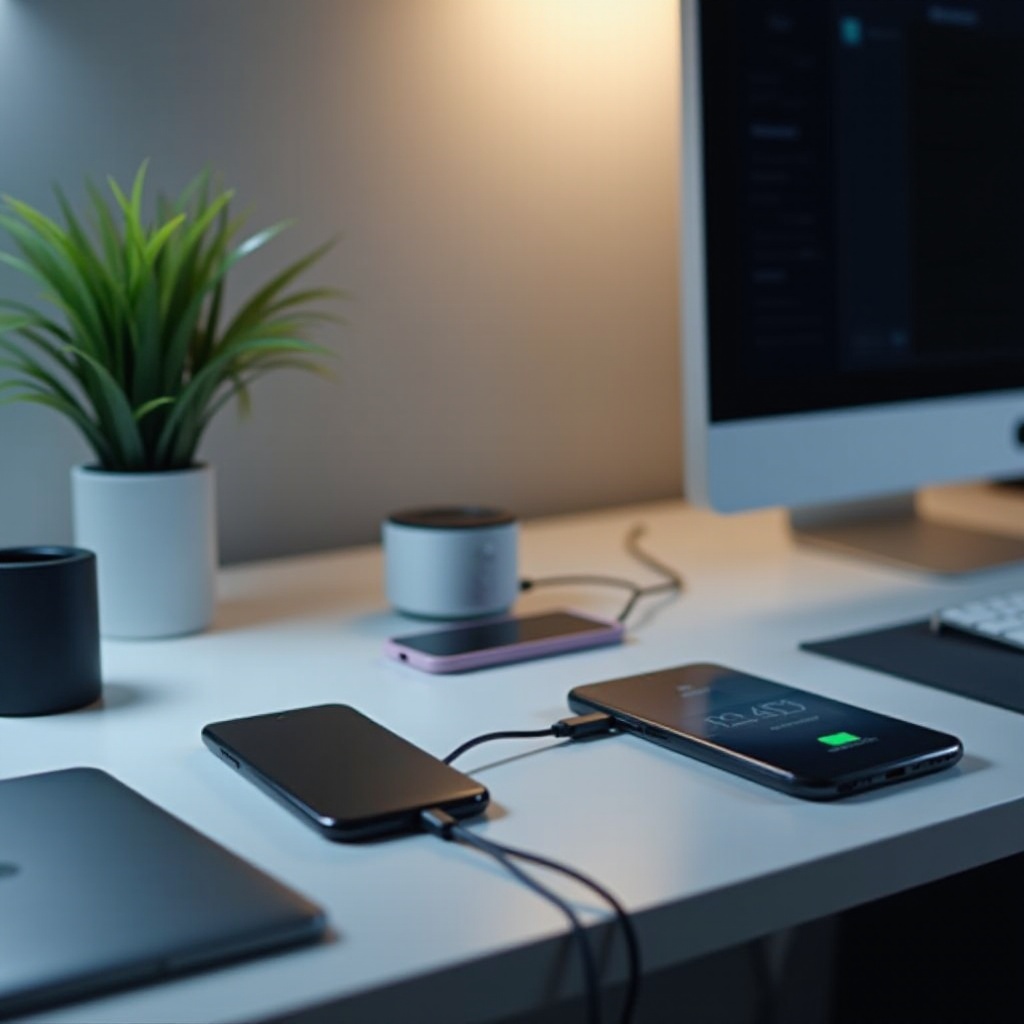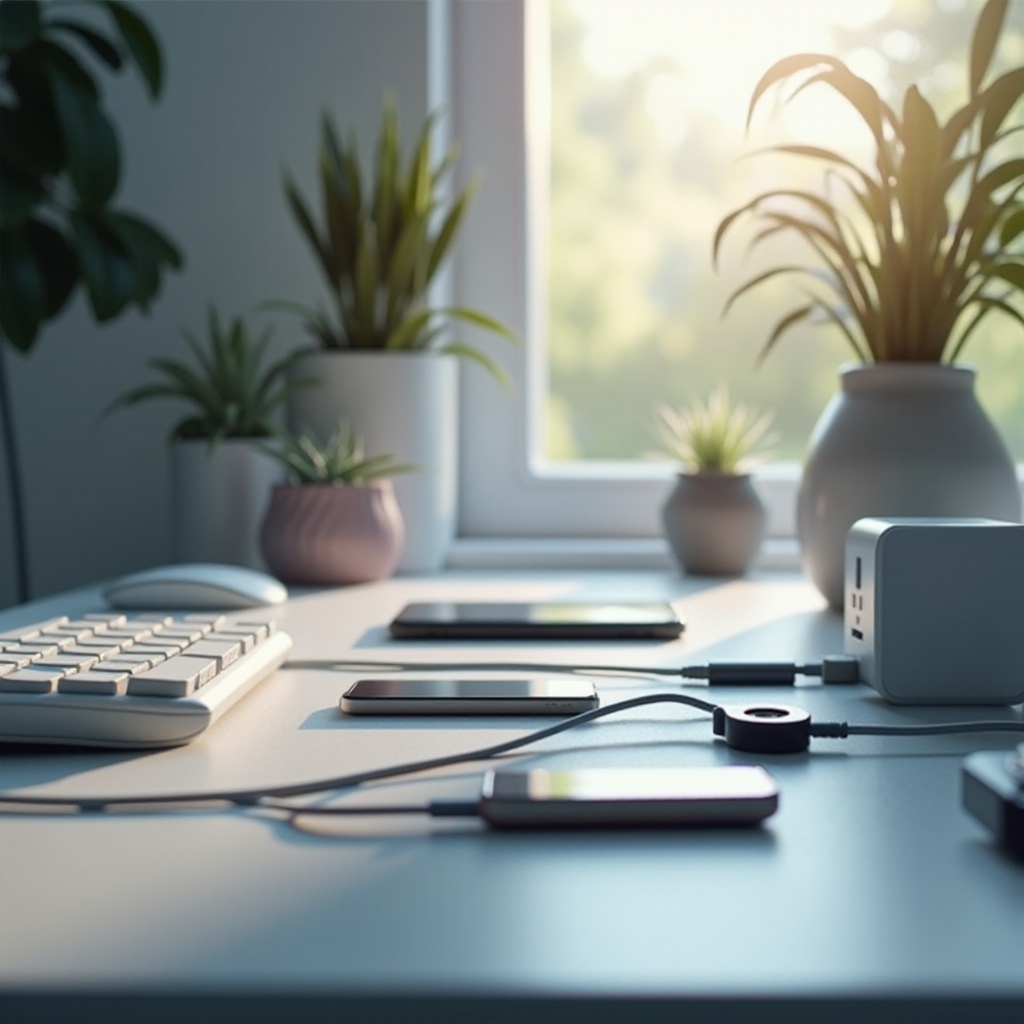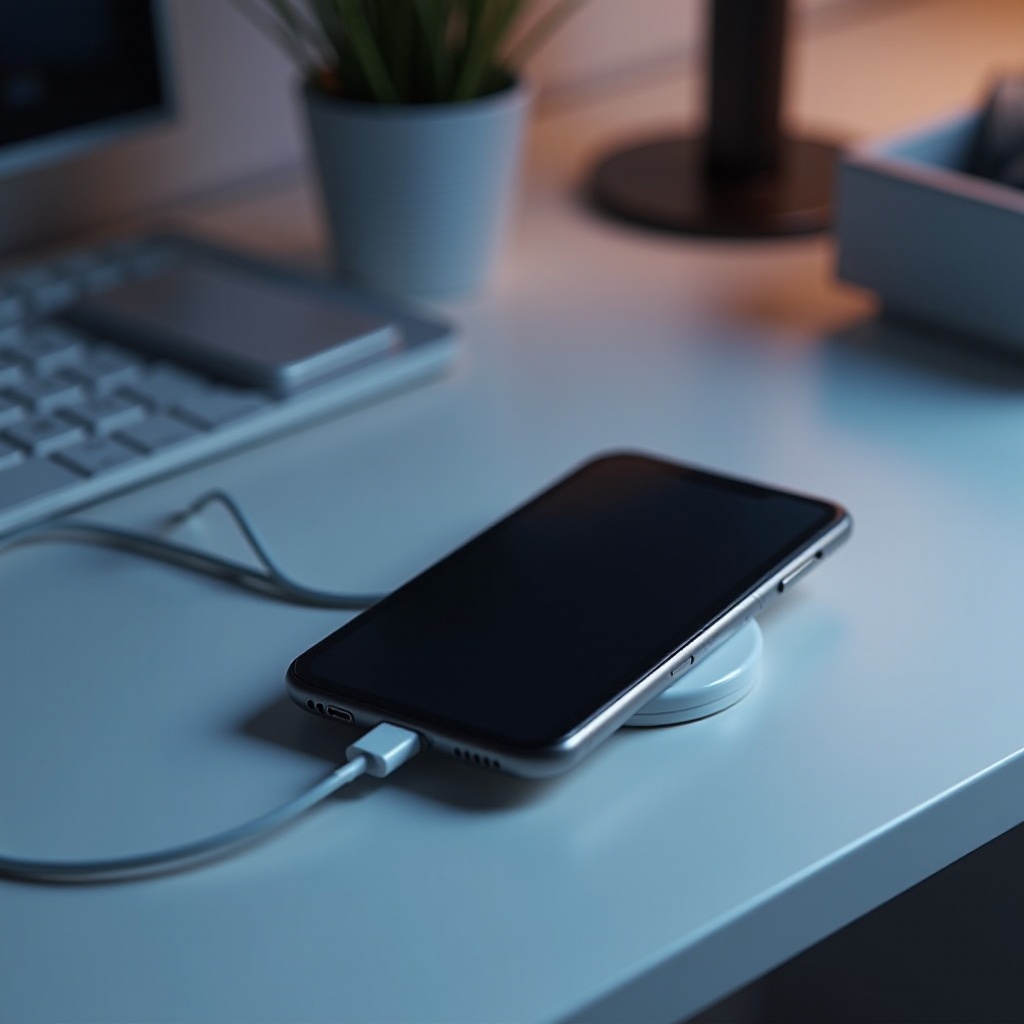Introduction
Phone chargers are indispensable to keeping our smartphones operational and dependable. Yet, charger issues can disrupt this vital function, causing inconvenience and stress. Identifying common phone charger problems and their solutions can swiftly restore normalcy and enhance your device’s reliability.

Identifying Phone Charger Problems
To resolve phone charger issues effectively, pinpointing the problem is crucial to avoid unnecessary guesswork. Start by examining your equipment:
-
Initial Checks for Charger and Cable: Inspect your charger and cable for damages such as frays or bends. Test the charger with another device to confirm if the problem is specific to your phone or the charger itself.
-
Differentiating Between Hardware and Software Issues: Occasionally, the issue stems from software glitches. Ensure your device’s software is up-to-date since outdated versions might affect charging. Rebooting your phone can also resolve software-related charging problems. If the device charges post-reboot, a software issue likely caused the glitch.
Once the exact problem is diagnosed, proceed to target it with pinpoint accuracy.
Common Causes of Phone Charger Problems
Recognizing the usual causes behind charging issues can help avert them in future scenarios:
-
Faulty or Frayed Charging Cables: Regular cable bending or yanking can cause internal wiring damage, leading to intermittent or failed charging.
-
Issues with the Charging Port: Dirt and lint can build up in the charging port, hindering cable connection. A compromised port can cause charging disruptions.
-
Problems Related to Power Sources: Inadequate power sources or unstable power outlets can lead to inefficient charging behaviors.
Understanding these common issues lays the groundwork for appropriate solutions and preventative care.
Effective Solutions for Phone Charger Problems
With the typical issues in mind, apply these effective solutions to restore your charging setup:
-
Replacing and Maintaining Charger Cables: Substitute damaged cables with durable, high-quality replacements. Opt for cables featuring resilient connectors and superior insulation.
-
Cleaning and Repairing the Charging Port: Utilize compressed air or a soft brush to dislodge debris from the charging port. For a port hampered by physical damage, professional repair is advisable.
-
Optimizing Power Source for Efficient Charging: Verify that your charger and adapter match your device’s specifications. Connect to a reliable wall outlet for stable power delivery, rather than depending on weaker sources like computer USB ports.
These remedies enable smoother device charging and enhance the longevity of your charger setup.

Preventive Measures to Avoid Future Charger Problems
Instead of dealing with recurring charger issues, incorporate preventive strategies to prolong charger life:
-
Proper Storage and Handling of Chargers: Avoid tightly winding cables around the charger, as this may result in further damage. Store chargers in a cool and dry environment to minimize wear.
-
Regular Maintenance Checks: Regular inspection for any cable or port damage allows early detection and mitigation of potential issues.
Integrating these preventive strategies guards against frequent problems and ensures lasting charger performance.

When to Consider Professional Repair Services
Persistent charging issues that evade home strategies may necessitate expert attention. If all previous measures fail, consider a professional diagnosis, particularly for suspected internal hardware faults.
Conclusion
Embracing the right approach to phone charger problems fosters a trouble-free charging experience. Through accurate problem identification, diligent problem-solving, and thoughtful preventive care, charger reliability and device functionality can be continually upheld.
Frequently Asked Questions
How can I tell if my phone charger is the problem?
Check if the charger works with other devices. Inspect for visible damage to the cable and port, and consider software updates if the issue persists.
Are wireless chargers better for avoiding these problems?
Wireless chargers can reduce wear on charging ports and cables, but they may charge devices slower than wired options.
What should I do if my phone charges slowly even after trying these solutions?
If slow charging persists, verify you’re using the correct charger and adapter for your device. Consider professional diagnosis for potential hardware issues.
